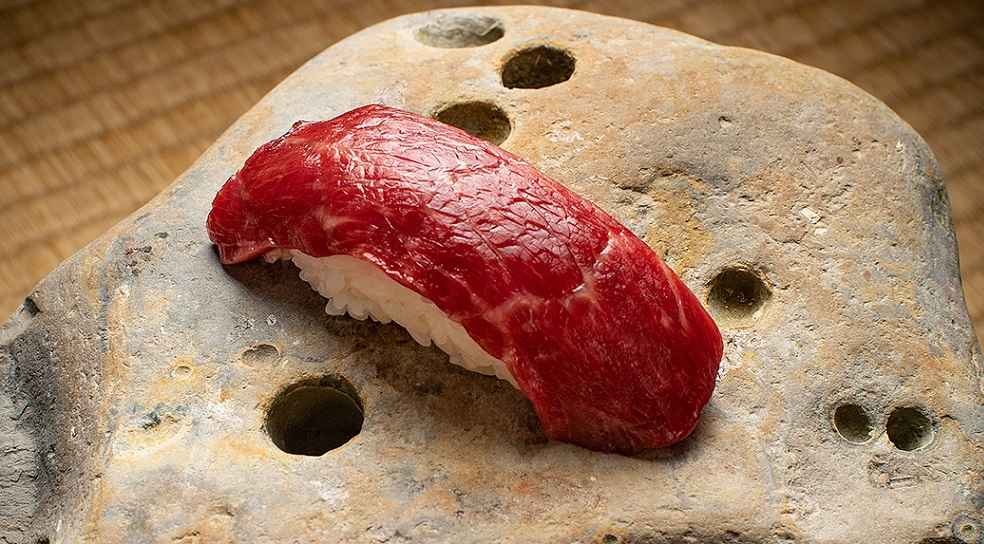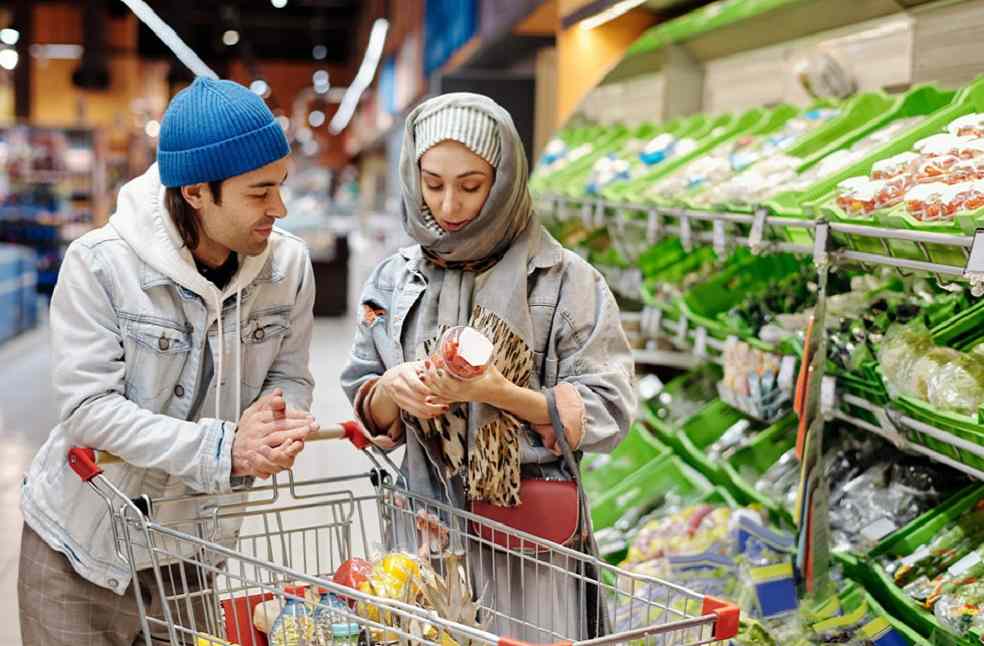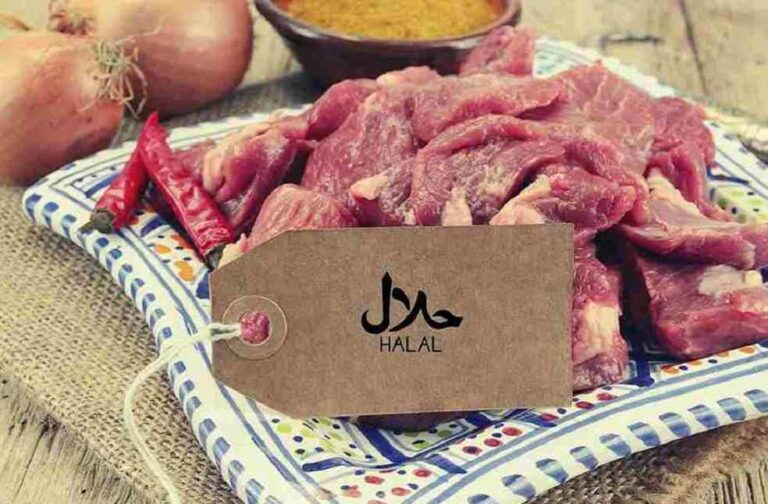The Indian government has notified new policy conditions for the export of halal meat and related products, which will take effect from October 16. The Directorate General of Foreign Trade (DGFT) announced on Tuesday that halal-certified meat and meat products can be exported to 15 specified countries, provided they are processed or packaged in facilities certified under the ‘India Conformity Assessment Scheme (I-CAS) – Halal’ of the Quality Council of India (QCI).
The 15 countries covered under this policy include Bahrain, Bangladesh, Indonesia, Iran, Iraq, Jordan, Kuwait, Malaysia, Oman, the Philippines, Qatar, Saudi Arabia, Singapore, Turkey, and the United Arab Emirates. Exporters will be required to provide a valid halal certificate to the buyer in the importing country after shipments are made.

“Policy conditions for export of specified halal meat and meat products are notified,” the DGFT stated. The notification builds on the detailed guidelines issued by DGFT in April 2023, which aimed to streamline the halal certification process for meat and meat product exports from India. DGFT, an arm of the Ministry of Commerce and Industry, handles export and import-related matters.
India had previously lacked a mandatory government-regulated halal certification system, with no national regulation in place for halal certification. The country’s halal industry is still in its early stages, and there are no specific labeling requirements for halal food products imported into India. Currently, halal certification is provided by several private companies, including Halal India and Jamiat Ulama-i-Hind Halal Trust.
Globally, the halal food market was valued at $1,978 billion in 2021 and is projected to grow to $3,907.7 billion by 2027. The growing demand for halal products is driven by both the Muslim population and changing consumer perceptions that attract non-Muslim consumers as well.

Despite the rapid growth of the halal industry worldwide, there is no unified global standard for halal certification. Countries like Indonesia, Malaysia, Thailand, the UAE, and Pakistan have their own halal standards. The International Halal Accreditation Forum (IHAF) serves as a network of accreditation bodies to enforce halal standards across different economies.
The increasing popularity of halal products presents major opportunities for halal-based entrepreneurs in India, where a large Muslim population provides a potentially strong market. However, harmonization of halal-related laws and regulations remains a challenge at the global level, with differences in standards across countries contributing to a lack of consistency in the certification process.
IMEX SECTOR | Kenya’s First Dried Sea Cucumber Export Reaches China, Boosts Africa-China Trade



